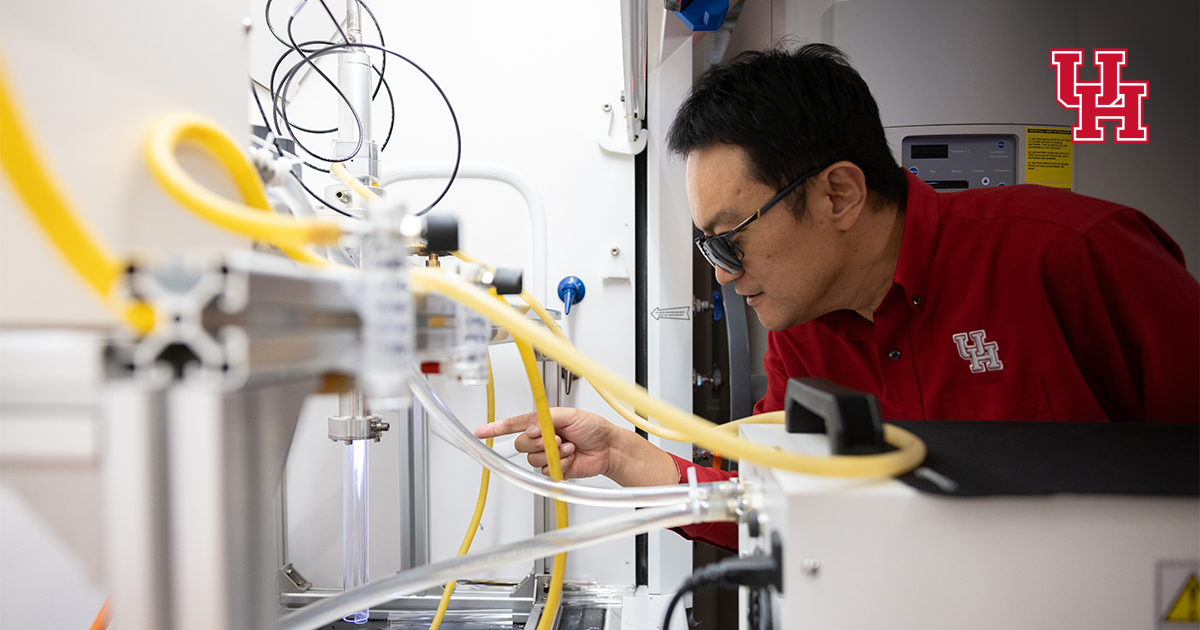Revolutionizing Clean Energy: Harnessing AI and Microwave Plasma for Sustainable Solutions
Key Ideas
- An interdisciplinary team at the University of Houston is using AI and microwave plasma technology to enhance catalyst efficiency in hydrogen generation, carbon capture, and energy storage.
- The $1 million NSF-funded project aims to develop advanced catalyst design through machine learning, plasma simulation, and material optimization.
- The project includes a focus on educating the next generation of STEM workers and creating transformative solutions for the clean energy transition.
As the world faces pressing challenges related to climate change and environmental sustainability, the transition to renewable energy sources has become crucial. However, the intermittent nature of renewables like wind and solar poses difficulties in ensuring a stable energy supply. In response to this, an interdisciplinary team at the University of Houston has embarked on a groundbreaking project to revolutionize clean energy solutions. This team, comprising experts from various fields such as chemistry, materials science, and engineering, is leveraging artificial intelligence and microwave plasma technology to address key issues in the energy sector.
The project, funded by a $1 million grant from the National Science Foundation, focuses on enhancing catalyst efficiency in crucial areas like hydrogen generation, carbon capture, and energy storage. By integrating machine learning for catalyst discovery and developing new characterization methods for plasma-assisted reactions, the team aims to significantly improve energy conversion efficiency. The researchers plan to automate testing processes through robotic facilities and advance unsupervised machine learning for catalyst design.
With four major research thrusts, including machine learning-driven catalyst discovery, multiscale plasma simulation, catalyst material optimization, and bench-scale reaction demonstrations, the project seeks to push boundaries in clean energy innovation. Additionally, the team is committed to fostering a multidisciplinary research and education program to train the future STEM workforce.
Professor Jiefu Chen, the principal investigator, emphasized the project's potential to address global challenges directly. The collaborative efforts of the team, along with the integration of advanced technologies, are expected to yield transformative results in the field of clean energy. Furthermore, the project aims to create economic impact and invites industry partnerships for further development beyond its current scope. Overall, this initiative represents a significant step towards sustainable, efficient solutions for the clean energy transition.
